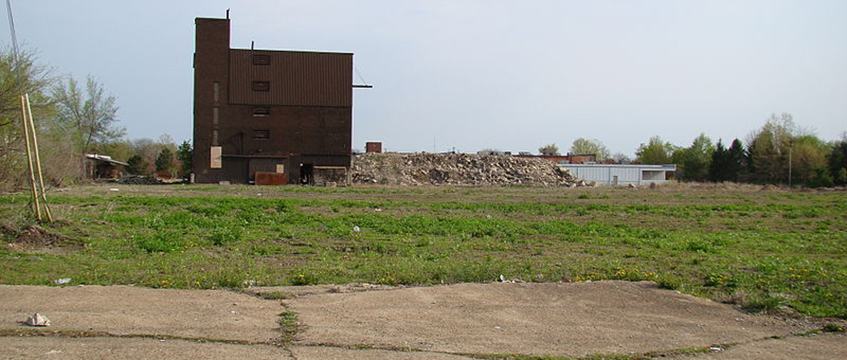Labour launches ‘brownfield passports’ to accelerate development
The government has called for evidence to look at how to accelerate building in urban areas across the UK.
As part of its brownfield-first approach to development, the government has announced plans that it said would support and expedite approval of urban sites, such as car parks.
The plans for the establishment of “brownfield passports” were first signalled in the National Planning Policy Framework consultation.
The government has called for evidence to look at how to accelerate building in urban areas across the UK.
As part of its brownfield-first approach to development, the government has announced plans that it said would support and expedite approval of urban sites, such as car parks.
The plans for the establishment of “brownfield passports” were first signalled in the National Planning Policy Framework consultation.
It is now calling for evidence on options that will further increase certainty in relation to brownfield development. These will include proposals that provide far greater clarity as to the principle, scale and form of brownfield development with a view to lowering the risk, cost and uncertainty associated with securing planning permission.
The options will then be discussed with key stakeholders, before specific proposals are consulted on, and any new policies implemented.
Commenting on the plans, Melanie Leech, chief executive at the British Property Federation, said: “Brownfield development is complex and the ‘passports’ concept represents a huge opportunity to support the government’s ambitions for more housing and growth, while at the same time breathing new life into our towns and cities.”
She added: “Making use of existing land and infrastructure also makes perfect sense in a world where sustainability is vital.”
The working paper for the new passports outlines what the government hopes to achieve through planning reform, including bringing vacant and underused sites into more productive use, identifying where existing developed land would benefit from redevelopment and ensuring that any development contributes to making great places that support healthy and resilient communities.
Access the full working paper here.











